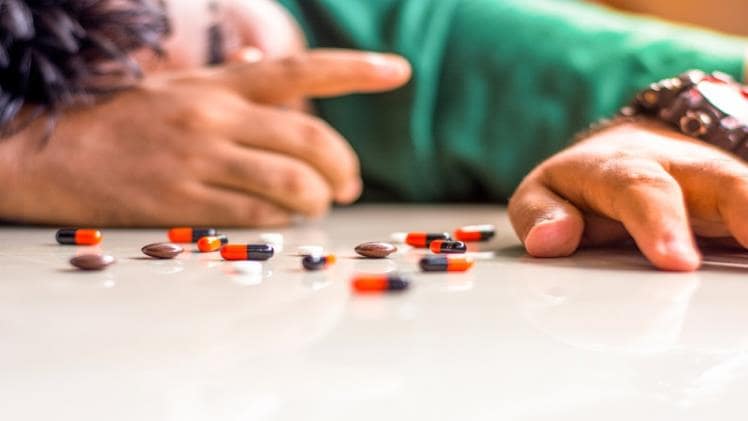What is a Defective Drug?
A defective drug does not work correctly or does not have the intended effect. The word defect sounds like a mistake, but it implies that someone has purposely put something in a product that did not meet the standards required to get approved by the FDA. It is essential to have a basic understanding of what a defective drug is and how it affects people. If you have used any prescription or non-prescription medication, you should talk to your health care provider about what you took and why.
Effects of Taking a Defective Drug
1. Physical
There are serious risks when taking defective drugs, including an allergic reaction and even death. They can cause an allergic reaction to a person’s specific response to the chemicals used in medicines or the combination of two or more drugs. The most common signs of an allergic reaction include headaches, nausea and vomiting, dizziness, heart palpitations, and difficulty breathing.
2. Emotional
Patients who have taken a drug that did not work should experience mood swings or depression. Other patients may experience withdrawal symptoms when they stop taking their fabricated medicine.
Some of these symptoms include insomnia and anxiety.
3. Mental
When a person takes a drug that the FDA did not approve for use, it can result in a mental disorder or other mental health problems. Some of these common symptoms include hallucinations and paranoia, flashbacks or nightmares about the time they took the drug toonily.
Things You Should Do After Consuming a Defective Drug
1. Seek Medical Attention
When you take a defective drug, you should seek medical attention immediately. Tell your doctor everything you took, when you took it, how many, and what it was. Your health care provider can help diagnose your condition and treat any problems. If the drug caused an allergic reaction or another medical issue, your health care provider might tell you to stop taking other medications to ensure safety.
2. Talk to a Lawyer
You should contact defective drug lawyers if you have taken a defective drug. A lawyer can help you compensate for your injuries and damage caused by the drug. Let’s suppose you are concerned about the cost of your medical bills and other expenses related to using the defective medication. In that case, a lawyer can help negotiate these costs down for you so that it is more affordable. After an incident, there is usually a lot of paperwork and work on both sides of the situation.
3. Report the Drug Company
You should report the drug company to the FDA if you have taken a defective drug. Other people mustn’t use the medication in question and get hurt.
If you are pursuing legal action against the drug company, ensure you send a copy of your legal claim or case file to the FDA and any national media outlets. The public needs to be aware of these drugs that people are selling that may be defective and unsafe for consumers.
Tips to Recognize Defective Drugs
1. Coat Color Changes
It is essential to look for a chemical change in the product you have taken. It can be a white or pink color that is common in many drugs.
2. Slight Changes in Taste
If you notice a slight change in taste, this could be an indication of a defective drug. If it tastes different than the medication you are used to taking, try to find out why and if there is anything you can do about it.
3. The Pill is Crushed
If the pill you are taking is not whole, this may be dangerous as it could release a chemical that is not supposed to enter your bloodstream. If the tablet appears discouraged when you first receive it or seems to have gotten crushed in your purse or backpack, avoid using it.
4. Look for the Manufacturer’s Name
Get familiar with the name on the outside of the package. You can use this information to discover if there have been any recalls or complaints about specific medications made by that manufacturer. If you cannot remember the manufacturer’s name, look inside the package for a white sticker with a lot of information.
5. Check the Expiration Date
Read the expiration date on the product. It is essential, and you should check it before every use. If it is past the expiration date, it is not safe to use and could result in severe consequences for your health.
6. Read the Instructions
When reading the label on a drug or any other medication, you should read all the instructions. It will give you a general understanding of what drug you are taking and what medicines can interact with one another.
Defective drugs can be dangerous, and people should stop taking them immediately. If you have taken any medication that did not seem to work, you must speak with your healthcare provider and file a lawsuit if possible.

